Understanding Residential IP Addresses: 4 Key Reasons to Use Them
Take a Quick Look
Curious about how your IP address impacts your online activities? Learn about residential IP addresses, their benefits, and why to use them in this blog post!
Are you wondering how your IP address affects your online activities? Whether you're managing multiple accounts, scraping data from website, or accessing content in specific regions, the type of IP address matters.
In this blog post, we'll explain residential IP addresses - what they are, why they're needed, how they differ from other IPs, and how to choose them. Let's begin!

What Are Residential IP Addresses
Residential IP is a kind of pr the IP address given to home internet users by their Internet Service Provider (ISP). Residential IPs are linked to personal internet connections, making them seem more trustworthy to websites and services.
A static residential IP is a kind of residential IP that doesn't change and is assigned to a user or location for a long time. This is different from dynamic IPs, which change regularly and are common for many home internet users. Static IPs are stable and don't change, making them good for businesses that need a reliable network identity, like managing accounts on social media platforms.
Residential IPs come from real ISPs, so they are less likely to be flagged during online activities. This trust makes residential IPs useful for tasks like ad verification, content distribution, social media management, etc. They can get around geographic restrictions or blocks on data center IPs, letting sellers act as local users, which is important for running multiple social media accounts.
Is My IP Address Residential?
Many online tools and services can help you find out if your IP address is linked to a home, business, or data center network. These IP geolocation services can give useful details about the type of network, but they might not always be perfect.
To find out if your IP address is linked to a home internet provider, search for “IP geolocation service” on your favorite search engine and use one of the reliable websites, like WhatIsMyIPAddress.
Remember, always be careful when sharing your home IP address or any other personal information online. Make sure to use trusted services and websites when doing these checks.

Residential vs. Data center IP Addresses
The main difference between Datacenter and Residential Proxies is where the IP address comes from:
Residential IP addresses come from home internet providers and are given to individual homes, used within local networks, while a data center IP address comes from a data center, not an internet service provider.
Let's explore the other differences to fully understand how these proxies work.
-
Legitimacy: Residential IP addresses are seen as more legitimate than data center IP addresses because they represent real people and locations. Websites and services often distrust data center IP addresses and may block all data center IPs.
-
Speed and security: Residential IP addresses rely on specific homes and internet providers, which can make them slower than data center proxies. However, because these IP addresses come from real homes, they are less likely to be marked as suspicious.
-
Cost: Residential IPs are expensive to get and keep, so they cost more. If you need a lot or want a cheaper option, Data center IPs are better. They are much cheaper than Residential IPs and still offer security and speed if bought from a good provider.
Why Residential IP Addresses
Residential IP addresses are trustworthy and ideal for data collection and accessing restricted content. For businesses, they can be used to check ad performance.
-
Reliability: Residential IP addresses are linked to real homes, making them seem more trustworthy. This means websites and online services are less likely to block them compared to data center IPs or commercial proxies.
-
Web scraping: Web scraping involves gathering large amounts of information from websites for things like market research, competitor analysis, and price tracking. Using residential IP addresses helps avoid detection and bypass restrictions that some websites place. While data center IPs may look like bots, residential IPs make your data collection appear more like regular user activity.
-
Accessing restricted content: Some online content, like certain websites or streaming services, may not be available in some areas. Residential IP addresses from allowed locations can help users access this content as they appear to be coming from a real home in those areas.
-
Checking ads: Advertisers and marketers often use residential IP addresses to check that their ads are shown correctly and to prevent ad fraud.

How to Choose Residential IP Addresses
Choosing the right residential IP addresses is crucial for smooth online activities. The quality and reliability of your provider matter. Here are key points to consider:
-
IP Pool Size : A large IP pool means having more IP addresses to choose from, which can provide better anonymity and reduce the risk of being banned due to overuse.
-
Area Covered: The proxy provider should offer a wide range of geographical options so you can target specific countries or regions.
-
Reliability and Speed: Choose providers that offer stable services and fast connection speeds to ensure operations are not interrupted by connection issues.
-
Customer Service: Excellent customer service can provide immediate help when you encounter problems.
Here we offer a guide to high-quality IP proxy providers in 2024 to help you choose the best residential IP proxy. Come read it and choose the best one for you!
AdsPower Aids Residential IP Addresses!
AdsPower, a multi-accounting tool, can be used with static residential IP for better multiple accounts management. It keeps cookies and local storage data separate in isolated profiles, making each account as secure as if it were on a different device. AdsPower also lets users set unique browser fingerprints and configure proxies to simulate real users for multiple accounts, reducing detection risk.
AdsPower gives each account a unique identity, while residential IP offers a reliable network identity. Together, they help you manage and maintain your accounts for a long time.
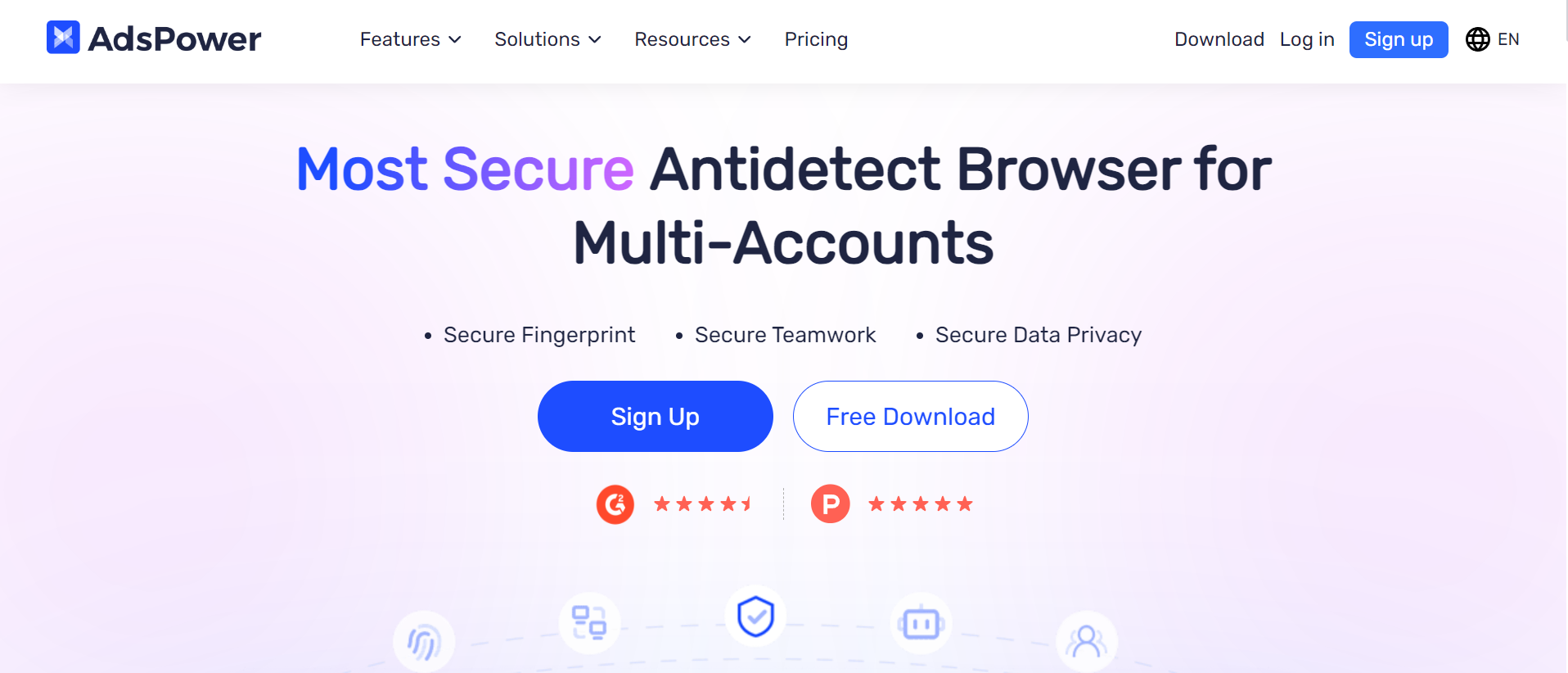
Conclusion
In today's digital world, your IP address type affects what you do online. Check your options and choose an IP type that fits your needs for a smooth online experience.
With residential IPs, your online activities stay private and safe. These IPs protect you from potential threats, letting you browse the web without worrying about your data. Use residential IPs to surf online safely and easily!
FAQs
What are the pros of using residential IPs?
Using residential IPs allows you to avoid IP bans and bypass regional restrictions, securing your IP address and accessing content not permitted in your area. It also enhances market research, ad targeting, and the management of multiple accounts.
What is the price of residential IP proxies?
The cost of residential IP proxies depends on the provider and plan. It is often charged by the amount of data used, which can be expensive. Users should look at different choices and buy what fits their budget and needs.Understanding Residential IP Addresses: 4 Reasons to Use Them

People Also Read
- IPv4 vs IPv6: What's the Difference? | AdsPower
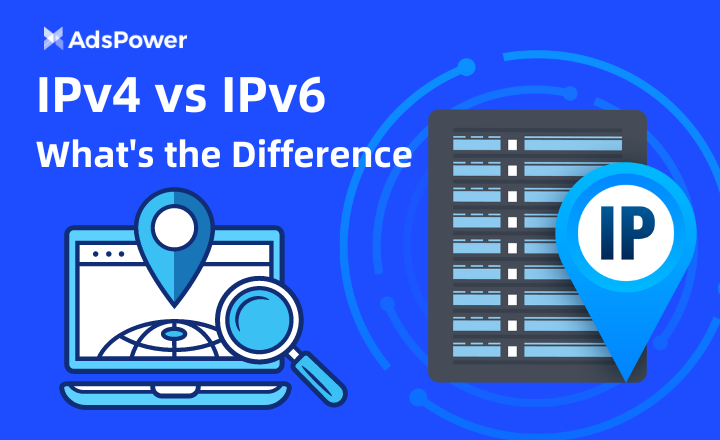
IPv4 vs IPv6: What's the Difference? | AdsPower
Află cum AdsPower ajută la gestionarea proxy-urilor IPv4 și IPv6 pentru o eficiență sporită.
- Why Is IP Purity Important? And How to Detect It? | AdsPower
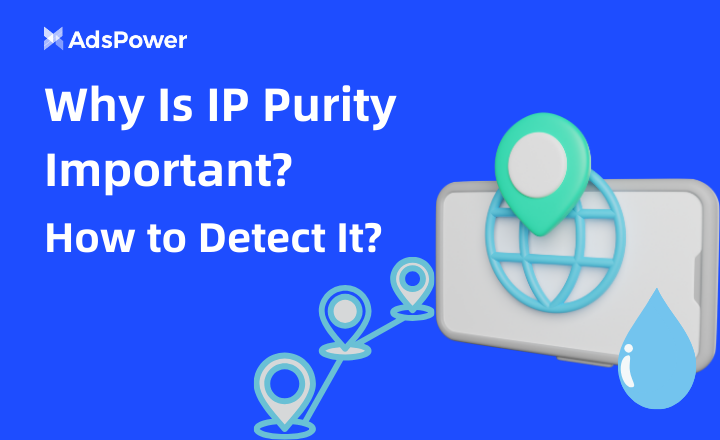
Why Is IP Purity Important? And How to Detect It? | AdsPower
IP purity means keeping IP addresses free from suspicion or bans. Netizens should ensure their IPs have high purity to avoid issues. Read this blog po
- How to Hide IP Addresses? 7 Effective Ways for You! | AdsPower
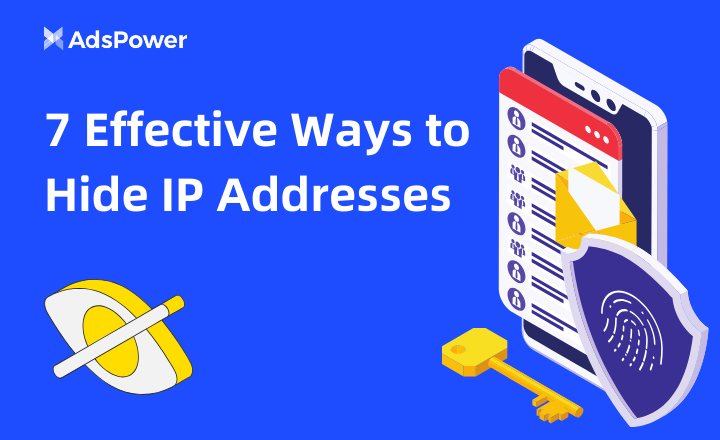
How to Hide IP Addresses? 7 Effective Ways for You! | AdsPower
Hiding your IP address is important for privacy and security online. Read this blog post to learn how to use proxies, anti-detect browsers and other w
- What is an IP Ban? How to Bypass It? | AdsPower
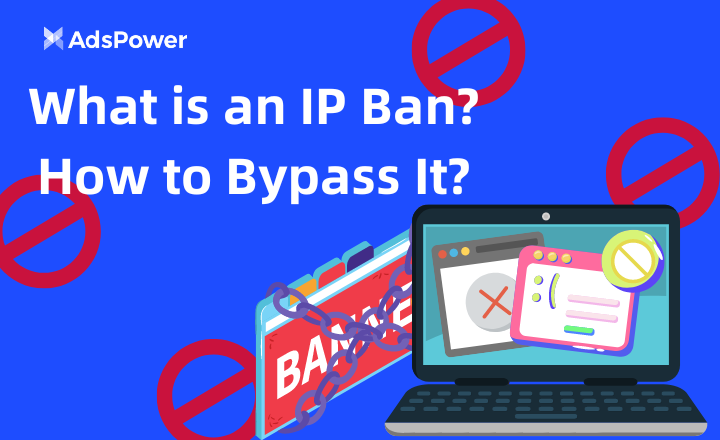
What is an IP Ban? How to Bypass It? | AdsPower
Are you still struggling with IP Ban Errors? This guide explores the ins and outs of IP bans and provides solutions for you!




